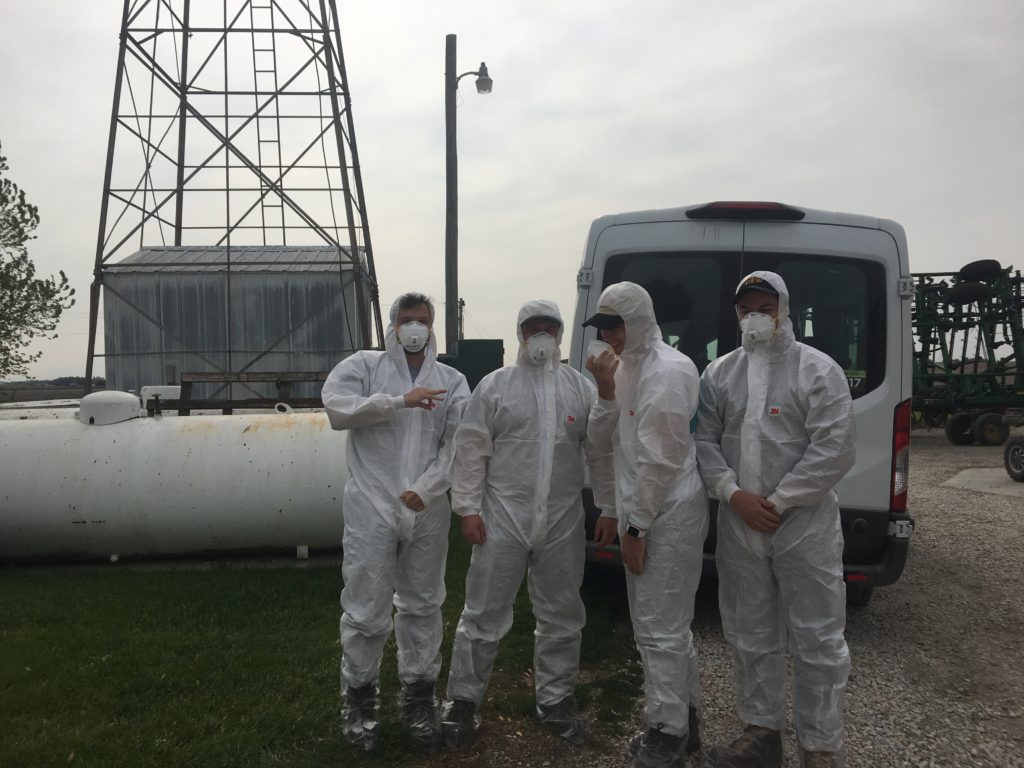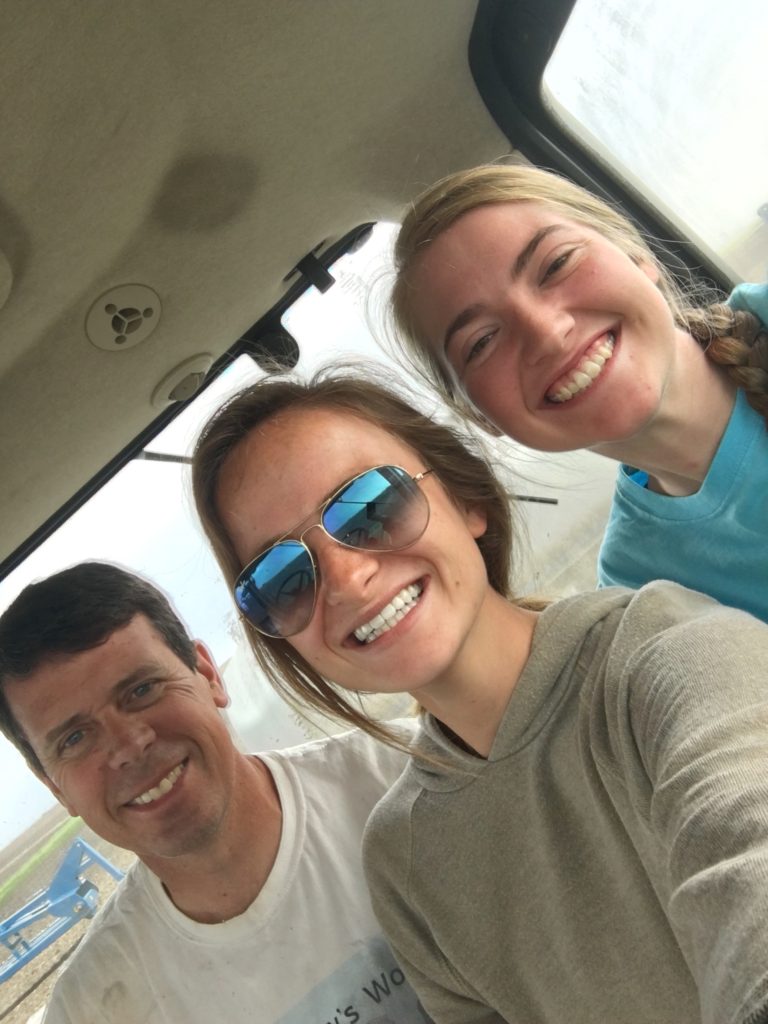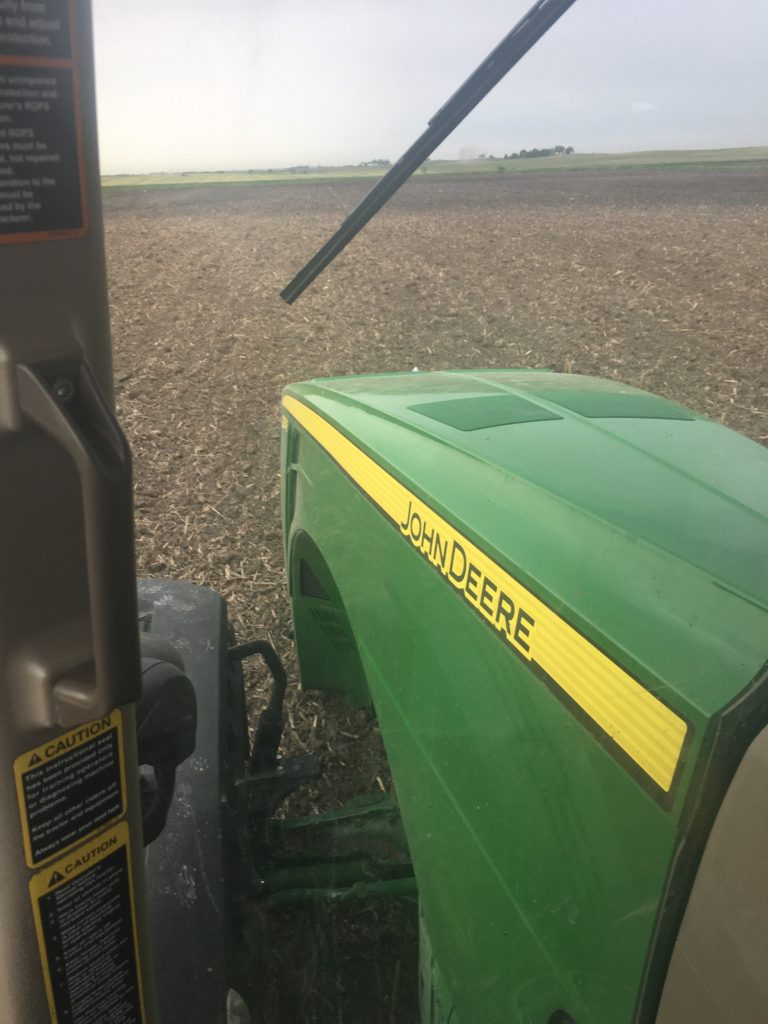On Tuesday the 28th, I woke up to a beautiful view overlooking the Mississippi river. We could see Wisconsin sitting on just the other side. Lansing is unlike anywhere else we have been thus far. The land is made up of big rolling hills and valleys. This puts a serious dent in my preconceived notions about Iowa being a flat state. After a quick breakfast at our host’s home, we headed out to an Amish farm in Waukon, Iowa. It was interesting to hear about the differences between the Amish farm and the other farms we had visited. They have a dairy operation and were able to use a vacuum system to milk the cows to circumvent the need for electricity. I was happy to hear that their cows were grass fed and they used a rotational grazing system. My favorite part of the visit was hearing the banter about weather and crop yields between the Amish woman and our hosts, Mark and Marsha Kruse. Although they live very different lives, one big thing unites them. They are all trying to make a living off the land. This basic fact means they have more in common than they have in differences.
Later in the day we visited the Welsh family farm. The Welsh Family Farm is one of many farms that are in Organic Valley. Their products are sold through Organic Valley Cooperative, and they adhere to all organic standards. They produced pigs, cattle, chickens, and some crops. I was impressed at the scale of their operation. The chicken barn was amazing. The size of the operation was incredible. The technology used was very impressive as well. The floor of the chicken barn was on a conveyer belt so that the floor would be replaced at regular intervals. This keeps the barn much more hygienic, disease free, and drastically helps with odor problems.
It was really interesting to compare this organic farm to other farms we have seen, such as Grinnell Heritage. This farm was on a much larger scale and was producing the conventional products, just using different methods.



